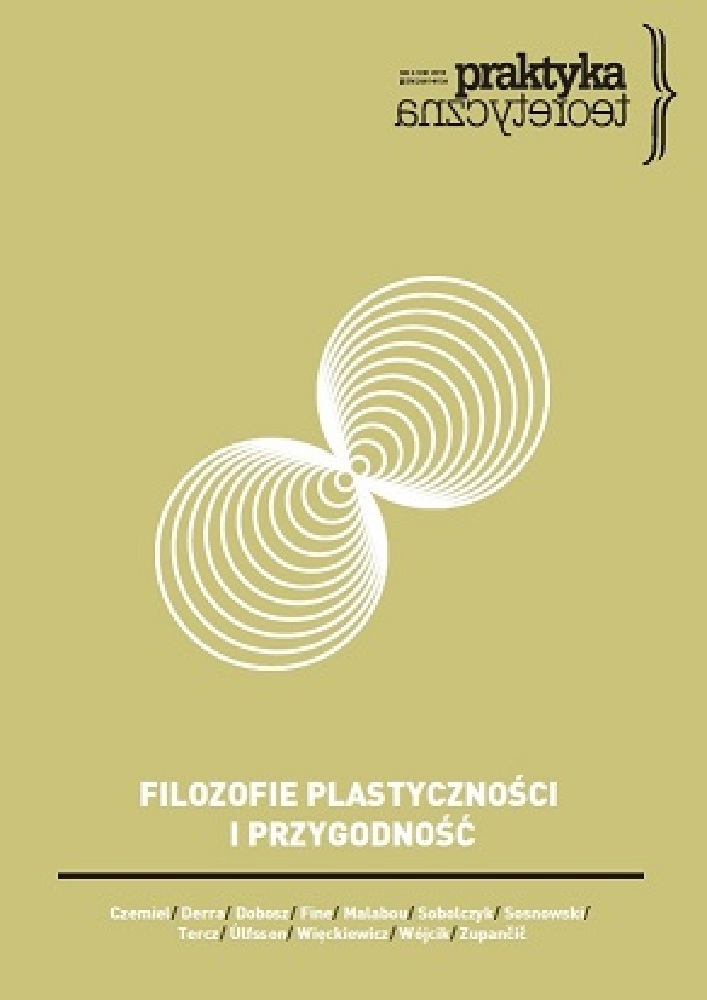Abstract
Many recent philosophical discussions have been marked by the rather stunning re-launching of the question of realism, triggered by Quentin Meillassoux‟s book After finitude (Après la finitude, 2006), and followed by a wider, albeit less homogeneous, movement named „speculative realism‟. This paper raises the question of whether the conceptual field of Lacanian psychoanalysis is concerned with this debate, and if so how. The central argument scrutinizes the status of the „real‟ in science, and its implications for psychoanalysis in view of the Lacanian identification of the subject of the unconscious with the subject of (Galilean) science. Taking seriously Lacan‟s claim that „If I am anything, it is clear that I‟m not a nominalist‟, the present paper aims at sketching out a psychoanalytic version of realism.References
Chiesa, Lorenzo. 2010. “Hyperstructuralism‟s Necessity of Contingency”. Journal of the Jan van Eyck Circle for Lacanian Ideology Critique 3.
Freud, Zygmunt. 2009. Psychologia nieświadomości. Tłum. Robert Reszke. Warszawa: Wydawnictwo KR.
Gould, Stephen Jay. 1985. “Adam‟s Navel”. W Gould, Stephen Jay. Flamingo’s Smile. Harmondsworth: Penguin Books.
Lacan, Jacques. 1990. Television: A Challenge to the Psychoanalytic Establishement, New York– London: Norton & Company.
Lacan, Jacques. 2006a. Le séminaire, livre XVI: D’un autre à l’Autre. Paris: Seuil.
Lacan, Jacques. 2006b. Le séminaire, livre XVIII: D’un discours qui ne serait pas du semblant. Paris: Seuil.
Malabou, Catherine. 2007. Les nouveaux blesses. Paris: Bayard.
Meillassoux, Quentin. 2015. Po skończoności. Tłum. Piotr Herbich. Warszawa: Fundacja Augusta hr. Cieszkowskiego.
Milner, Jean-Claude. 2008. Le périple structural. Lagrasse: Verdier.
Žižek, Slavoj. 2010. Living in the End Times. London–New York: Verso
License
“Theoretical Practice” seeks to put into practice the idea of open access to knowledge and broadening the domain of the commons. It serves the development of science, thinking and critical reflection. The journal is published in open-access mode under the CC-BY-NC-SA 4.0 license (detail available here: http://creativecommons.org/licenses/by-nc-sa/4.0/). Articles published in the journal may be freely distributed, stored, printed and utilized for academic and teaching purposes without restrictions.
They should not be, however, used for any commercial purposes or be reconstructed into derivative creations. Access to the journal may not be limited or offered for a fee by any third party.
Prospective authors are obliged to fill in, sign and send back the publishing contract compliant with the CC licencing. [PL.pdf, PL.doc, EN.pdf,EN.doc].
According to this contract, authors grant the journal a non-exclusive right to publish their work under the creative commons license (CC-BY-NC-SA 4.0) without any financial obligation on both sides of the contract.
Before submission authors should make sure that derivative materials they use are not protected by copyright preventing their non-commercial publication. Authors are responsible for any respective copyright violations.
